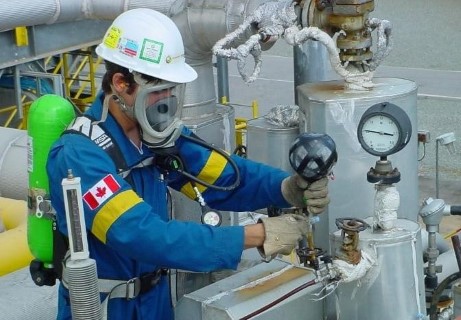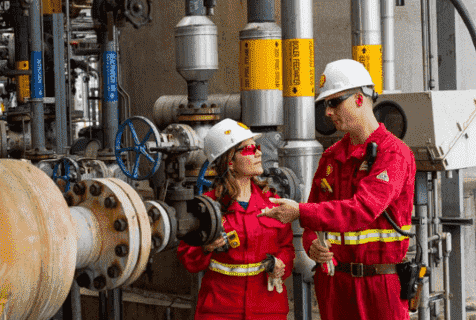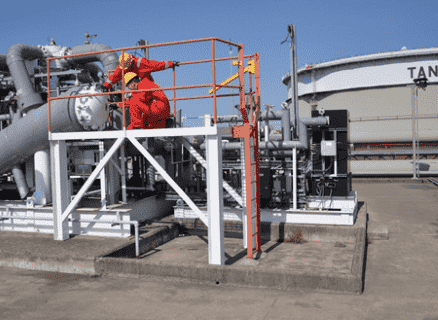COURSE OVERVIEW
PE0310 : Gas Sweetening & Sulphur Recovery

OVERVIEW
| COURSE TITLE | : | PE0310 : Gas Sweetening & Sulphur Recovery |
| COURSE DATE | : | Mar 03 - Mar 07 2024 |
| DURATION | : | 5 Days |
| INSTRUCTOR | : | Mr. Saad Bedir |
| VENUE | : | Istanbul, Turkey |
| COURSE FEE | : | $ 6000 |
| Request For Course | ||
Course Description
This practical and highly-interactive course includes various practical sessions and exercises. Theory learnt will be applied using our state-of-the-art simulators. Hydrogen sulfide, carbon dioxide, mercaptans and other contaminants are often found in natural gas streams. H2S is a highly toxic gas that is corrosive to carbon steels. CO2 is also corrosive to equipment and reduces the Btu value of gas. Gas sweetening processes remove these contaminants so the gas is suitable for transportation and use. This course presents a complete and up-todate overview of the Gas Sweetening, Liquid Hydrocarbon Sweetening and Sulphur Recovery with emphasis on gas plant process operations. The process flow sheets of several Sweetening and Sulphur Recovery Processes will be used to illustrate how the various operations differ. The advantages, limitations, and range of applicability of each process will be discussed so that its selection and integration into the overall plant is fully understood and appreciated.Upon completing this course, you will have a good understanding of Gas Sweetening, Liquid Hydrocarbon Sweetening and Sulphur Recovery. There are many methods that may be employed to remove acidic components (primarily H2S and CO2) from hydrocarbon streams. The available methods may be broadly categorized as those depending on chemical reaction, absorption, or adsorption. Processes employing each of these techniques are described. Many of the processes result in acid gas streams that contain H2S that may be flared, incinerated, injected or fed to a Sulphur Recovery Unit. Various Sulphur Recovery Processes (primarily The Modified Claus Process) are discussed. You will also learn the basic vocabulary unique to the industry.
TRAINING METHODOLOGY
This interactive training course includes the following training methodologies:
LecturesWorkshops & Work Presentations
Case Studies & Practical Exercises
Videos, Software & Simulators
In an unlikely event, the course instructor may modify the above training methodology for technical reasons.
VIRTUAL TRAINING (IF APPLICABLE)
If this course is delivered online as a Virtual Training, the following limitations will be applicable:
| Certificates | : | Only soft copy certificates will be issued |
| Training Materials | : | Only soft copy materials will be issued |
| Training Methodology | : | 80% theory, 20% practical |
| Training Program | : | 4 hours per day, from 09:30 to 13:30 |
RELATED COURSES

PE0050 : Elements of Applied Process Engineering
- Date: Jan 26 - Jan 30 / 3 Days
- Location: Cairo, Egypt
- Course Details Register

PE0640 : Troubleshooting Process Operations
- Date: Jan 26 - Jan 30 / 3 Days
- Location: Doha, Qatar
- Course Details Register

PE0010 : Oil Movement, Storage & Troubleshooting
- Date: Jan 25 - Jan 29 / 3 Days
- Location: Kuwait City, Kuwait
- Course Details Register

PE0785 : Refinery Operational Economics, Planning & Profitability
- Date: Jan 26 - Jan 30 / 3 Days
- Location: Doha, Qatar
- Course Details Register
